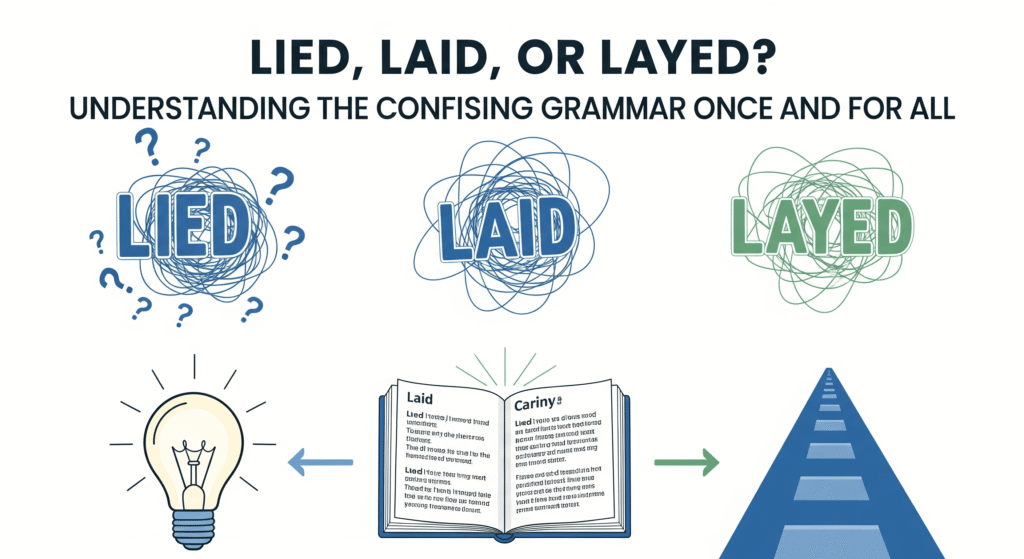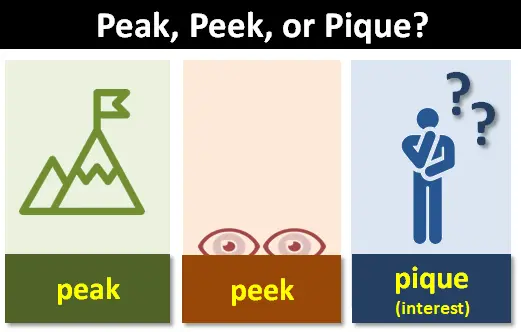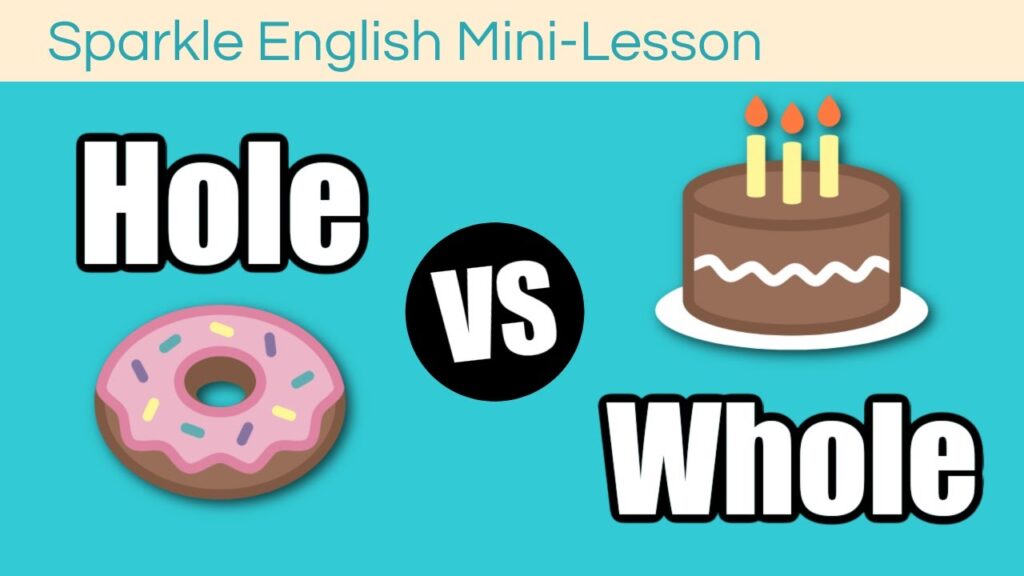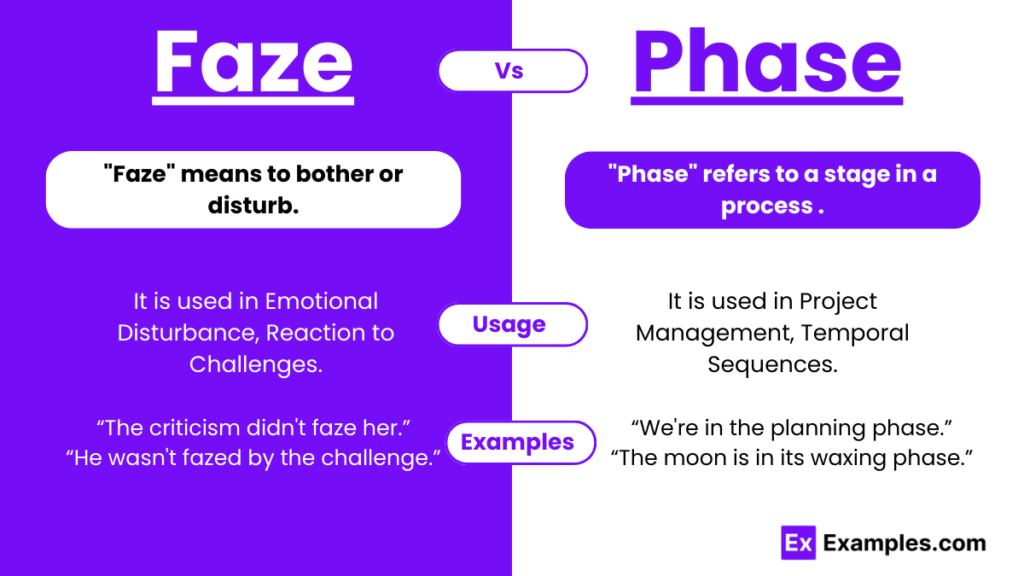Lied, Laid, or Layed? Understanding the Confusing Grammar Once and for All
The English language, while beautiful and expressive, is notorious for its tricky verb forms. Few sets of words confuse native and non-native speakers alike as much as “lied,” “laid,” and the mythical “layed.” Whether you’re a writer, a student, or just someone who wants to sound polished and correct, this guide will help you master …
Lied, Laid, or Layed? Understanding the Confusing Grammar Once and for All Read More »




